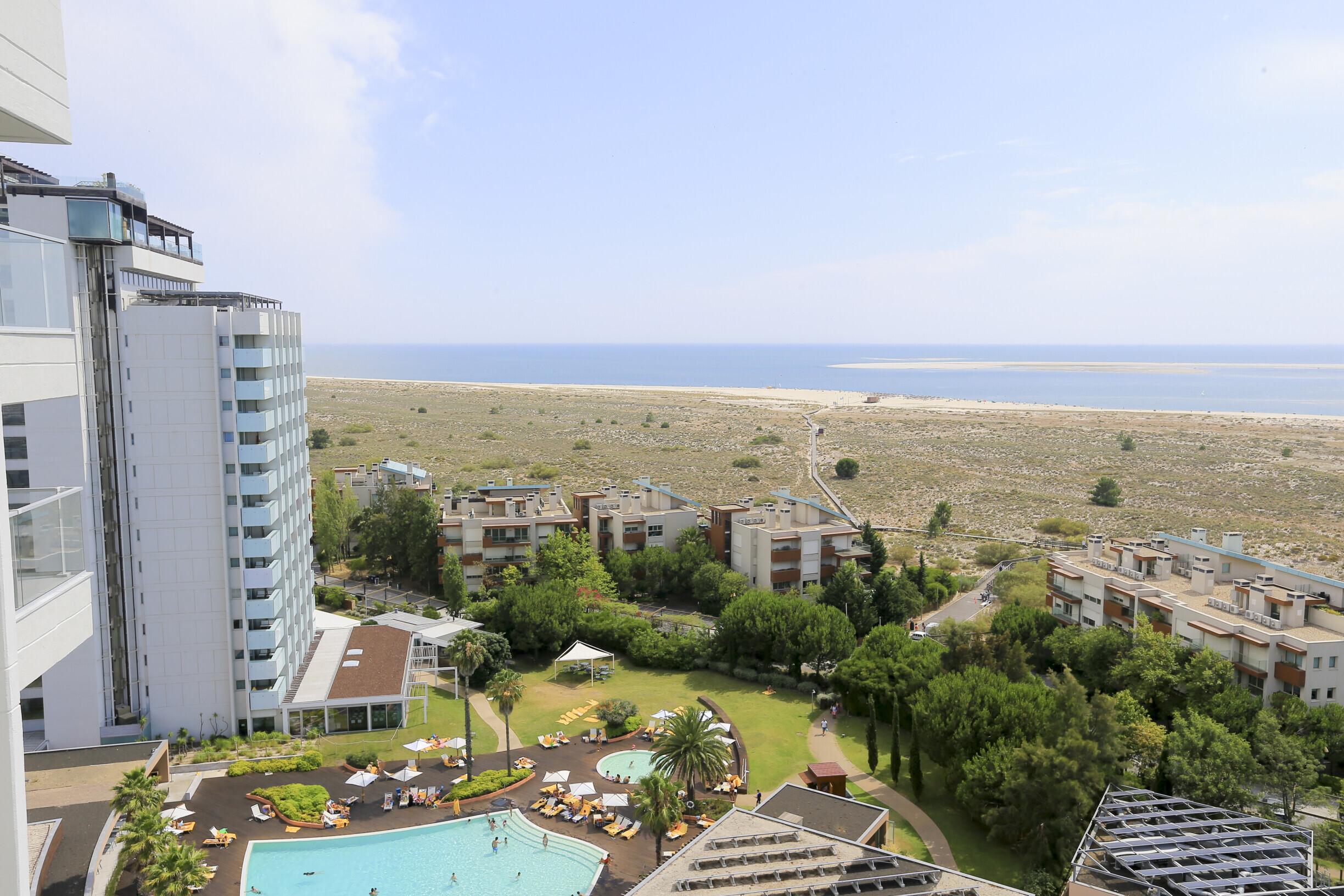Exploring the Threat of Dengue in Portugal
At the Center for Vector Studies and Infectious Diseases (CEVDI) in Palmela, researchers are closely monitoring the lifecycle of mosquitoes, including the infamous Aedes albopictus, known as the Asian tiger mosquito. The CEVDI is the national reference laboratory for diagnosing diseases such as dengue, zika, and chikungunya. Recent findings have confirmed the presence of this mosquito species in areas like Cascais and Pombal, raising alarms about potential dengue cases in Lisbon.

The Mosquito Dilemma
Maria João Alves, a researcher at the CEVDI, emphasizes that while the presence of the Aedes albopictus mosquito is concerning, it will take time for dengue cases to occur. The disease can only be transmitted if mosquitoes are abundant and if they bite infected individuals.
- Aedes aegypti, the primary vector for dengue, is not present in mainland Portugal, but Aedes albopictus has been detected, prompting increased vigilance.
Historical Context
The CEVDI has roots dating back to 1938 when it was established to combat malaria in the region. Due to its strategic location, Marateca was chosen for the institute, which played a crucial role in eradicating malaria in Portugal.
Globalization and Climate Change: Key Factors
The rise of vector-borne diseases is closely linked to globalization and climate change. As cities grow and people travel, the risk of introducing these diseases increases. Maria João Alves points out that urbanization facilitates the spread of diseases like dengue, which thrive in densely populated areas.
Community Involvement in Science
Public awareness and participation are crucial. The MosquitoAlert app allows citizens to report mosquito sightings, aiding scientific research and tracking.

As the situation develops, the CEVDI remains vigilant in monitoring mosquito populations and educating the public on preventive measures against mosquito bites and potential disease transmission.


















Comments
Join Our Community
Sign up to share your thoughts, engage with others, and become part of our growing community.
No comments yet
Be the first to share your thoughts and start the conversation!